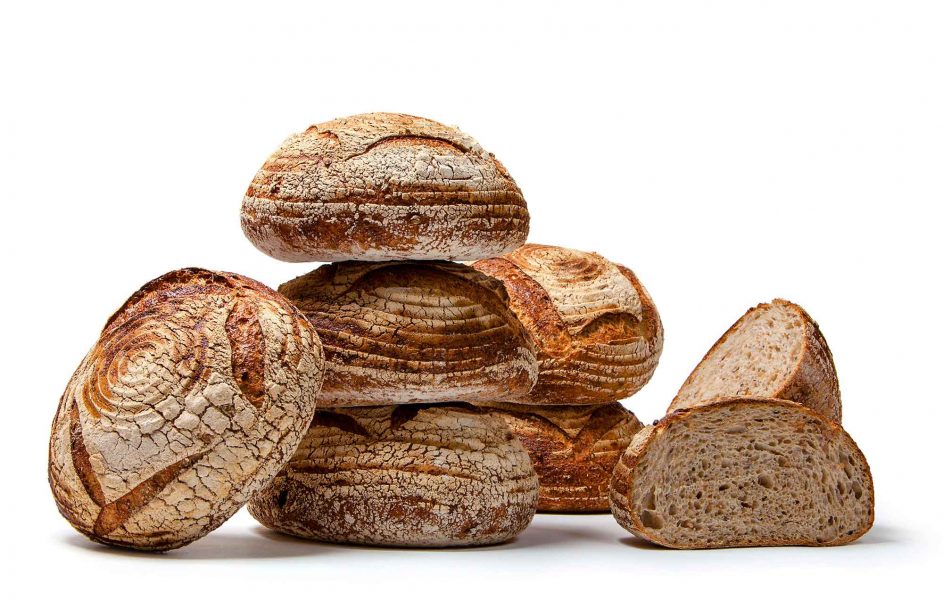
History of Sourdough

SOUR YEAST HISTORY
Producing food by using what the soil has to offer is a breath-taking option in today's world, which is increasingly moving away from naturalness. It doesn't matter what we eat and drink, it really matters what we eat. At this point, it is necessary to pay attention to the content of bread, which is consumed every day and is one of the basic foods.
From natural sourdough rather than artificial yeast The breads produced are much richer in terms of nutritional value. Bread produced in a natural way has positive effects on the physiological and psychological health of people.
So, when did this very important sourdough first show itself in the pages of history? To answer the question, let's make an induction from seed to civilization.
SEED AND CIVILIZATION
The end of the ice age in the young world ushered in a new era for hunter-gatherer people who were enriched by fishing.
The warming of the climate in regions such as Upper Mesopotamia, Western Asia, Iran and eastern Africa has created some problems in hunting. These problems, which led to animal husbandry, revealed the need to take care of the land in order to feed the animals. Thus, man met barley and wheat fed by melted glaciers.
People who understood that they could consume barley and wheat by grinding, now had a new food. They started to consume by making dough from ground wheat and cooking it. Thus, the first breads in history appeared.
Extremely dry and very hard first breads were kept, and those that were too dry and moldy to be eaten were crushed and added to the new dough. All of these processes allowed the fermentation process to be learned. It is thought that the idea of adding the grape (or skin) to the dough, which has developed over the years, has created the closest sourdough to its current form.
HISTORY OF SOUR YEAST BREAD
According to research, BC. The Babylonian people, who ruled around 4000, knew how to bake bread in the oven. It has been revealed in the light of archaeological excavations that bread has an important place in the culinary culture of the Sumerians. However, the first known examples of bread production are found in Ancient Egypt.
The Egyptian people, who lived strictly in accordance with the caste system, often included bread on their tables. Their bread was like dry and hard pancakes. Bread, which was renewed with the discovery of sourdough, became a sign of nobility for the people, who finely permeated the class distinction in every aspect of life. In fact, sourdough breads loved by the rich and nobles gained so much value that they were used instead of money.
Over time, the Greeks, who were thought to have learned baking from the Egyptian people, began to make similar breads. Then the Romans produced their own sourdough by adding the yeast they use in brewing to traditional baker's yeast.
Sourdough breads have been constantly updated with various contributions from various civilizations in various pages of history. However, their purity and naturalness have never been spoiled. Today, they are loved and consumed by people who seek purity and naturalness in food products.
Our sourdough breads with unique flavors and all natural reach our products You can click the link for























